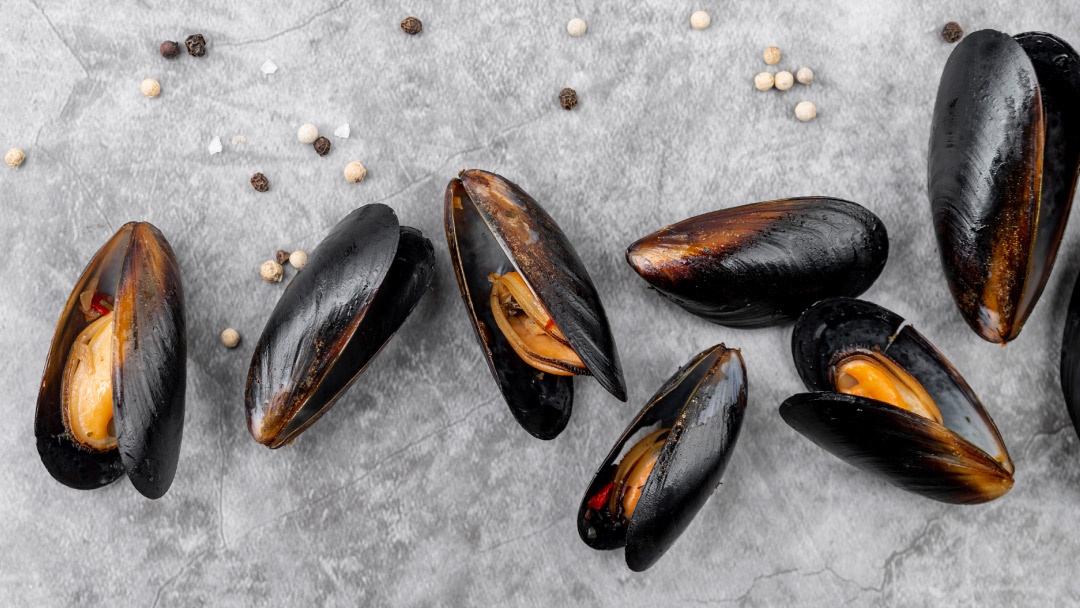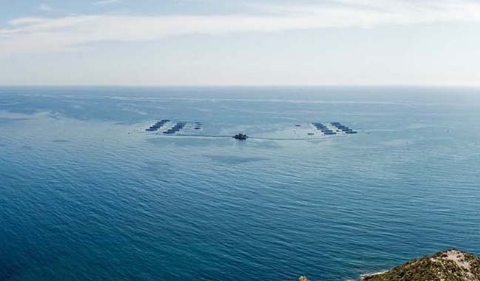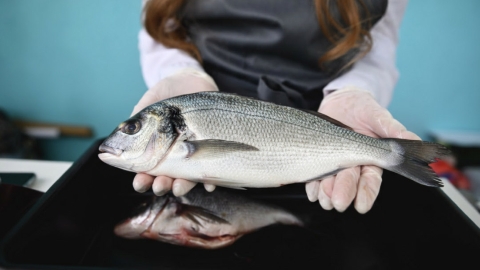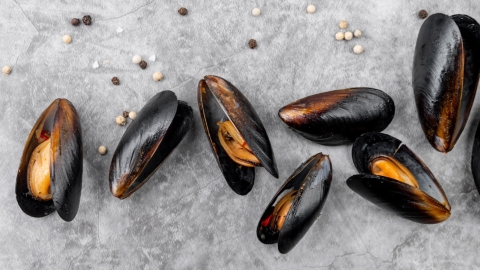
A pioneering investigation led by scientists from the Marine Research Institute (IIM-CSIC) has demonstrated the feasibility of producing essential marine probiotics at a cost 371 times lower than conventional methods – ready-to-use media or laboratory-grade-reagents – by utilizing a resource than until now represented a management problem: the wastewater, or tailwater, from mollusk processing.
This water, which typically originates from industrial mollusk handling operations (including cooking, shucking, and washing), is characterized as nutrient-rich liquid by-products, containing up to 66 g/L of fermentable sugars and 18 g/L of soluble protein.
The study, carried out by IIM-CSIC researchers Andrián Pereira, Jesús Varcárcel, and José Antonio Vázquez, within the framework of the REVAL project, focused on the valorization of raw and filtered effluents from mussels, squid, and octopus as sources of nitrogen and carbon for probiotic strains.
The results were promising not only in terms of costs but also performance: The use of mussel effluent managed to triple biomass yield, reaching up to 4.0 g/L in high-value aquaculture strains such as Phaeobacter sp. and Pseudomonas fluorescens.
This high yield maximises the efficiency of biomass production facilities. Furthermore, the research demonstrated that raw effluents are capable of supporting the growth of these bacteria without requiring a complex or costly hydrolytic pre-treatment, enormously simplifying production logistics.
The reuse of this water not only promises a drastic reduction in aquaculture’s operational costs but also integrates a circular economy solution for the shellfish industry. The cost analysis revealed unprecedented potential saving in the formulation of marine probiotic culture media.
This change also directly imapcts producers’ ability to routinely incorporate probiotics, reinforcing animal health without compromising competitiveness.
As the researchers highlight, probiotic are a cornerstone in modern biosecurity strategies, helping to reduce the incidence of diseases and the need for antibiotics; they promote growth and survival; and they enhance feed efficiency and nutrient absorption.
Reference:
Pedreira, A., Valcarcel, J., & Vázquez, J. A. (2025). Sustainable valorisation of molluscan wastewaters for the cost-effective production of human and aquaculture probiotics. Journal of Water Process Engineering, 79, 108927



